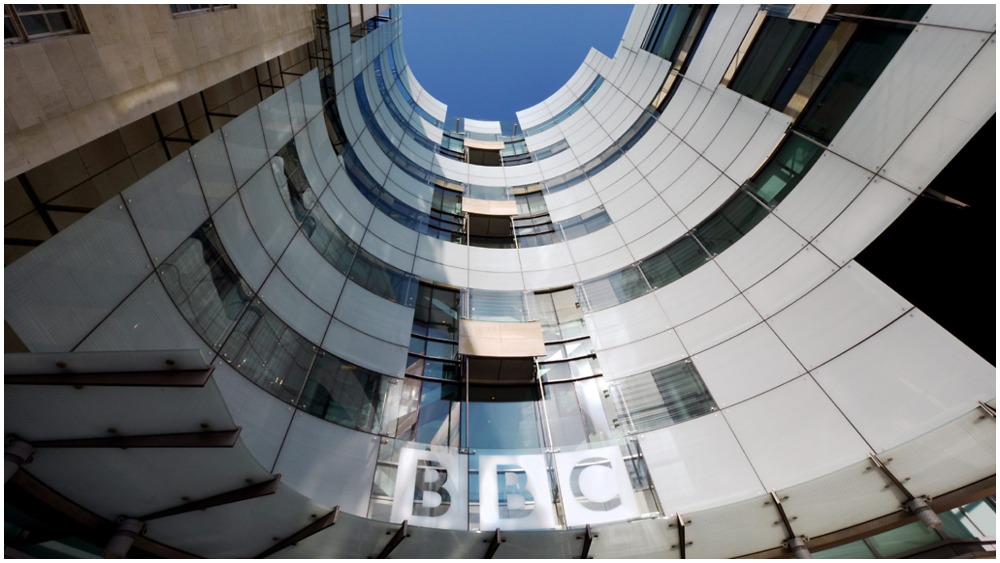
A U.K. Public Accounts Committee report has highlighted that the BBC does not currently have a plan in place for delivering its services in the digital future it envisions.
The corporation must work with the government and other stakeholders, including on the rollout of broadband across the U.K., to develop a detailed plan, including scenarios for how it could switch to an internet-only future, the report states. It adds that the BBC must take steps to ensure that nobody is left behind as it moves towards a fully digital future, due to a lack of confidence in adopting the necessary technologies, access to them, or affordability.
The report raises the topic of BBC Three, noting that it was started as a linear channel, then moved online, but then went back to being linear six years later, as “an example of where it moved too soon, and audiences did not follow.”
In addition, the report states that the BBC must overcome the challenges it faces in recruiting and retaining the skilled staff it needs to develop its offer, as it currently has a 23% turnover rate among staff in its digital section. The report also suggests that the BBC is being held back by regulatory and funding uncertainties, making it less competitive in a rapidly changing global marketplace.
The BBC has estimated that it will have a nearly £400 million ($498 million) funding gap by 2027-28, due to licence fee changes and inflation, as revealed in its annual plan. The report notes that the BBC may not currently know the detail of the resources needed to achieve its digital plans or whether the £500 million it intends to invest annually by 2025 will be sufficient to also allow it to plan for an internet-only future.
The report recommends that the BBC should write to the committee within two months, and once its budget is finalized for the financial year, with reassurance that it has developed the necessary detail in support of its digital investment plan. The report also suggests that the BBC should set out how it will achieve all the required savings and what will happen to its digital plans if it is unable to achieve its savings target.
The BBC’s approach to how it will develop personalized services for audiences is not yet well developed, the report notes and urges that the corporation “should move more quickly on the development of a personalization strategy that serves its public sector purposes while fulfilling its ambitions for a more tailored experience for its audiences.”
The report concludes that the BBC must move more quickly to develop its data security policies to ensure they are fit for purpose, as the BBC collects more user data.
Meg Hillier, chair of the committee, said, “The BBC has a careful and difficult balance to strike here – it has committed to an internet-only future by the 2030s but knows it is essential that there are ways for people, especially children and others who cannot or do not easily access the internet, to access its services. Licence fee payers must be able to keep our options open.”













